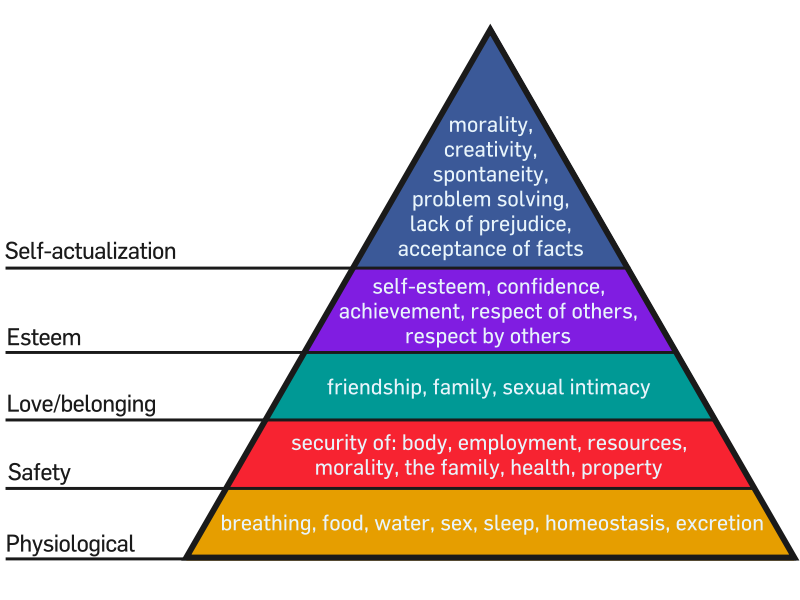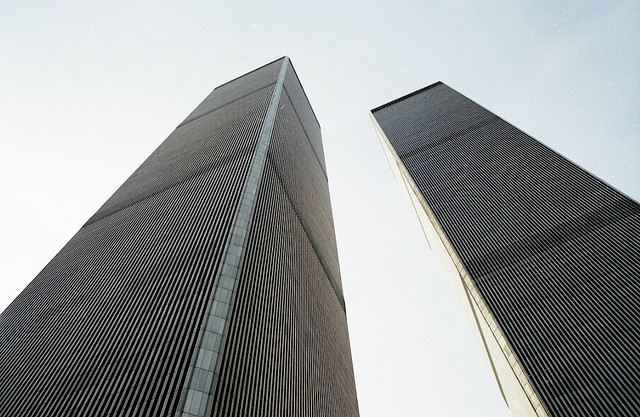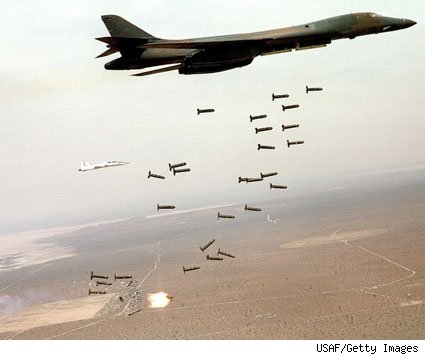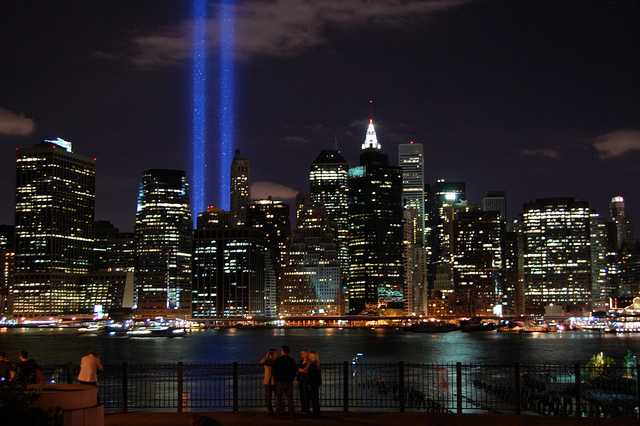Cover Story: 9/11/11
9/11/11
By Teryl Warren
The people of the United States suffered a tremendous trauma on September 11, 2001. Loved ones and heroes were maimed and killed; and somewhere in the rubble of demolished buildings and twisted plane wreckage, our senses of innocence, normalcy and safety became, seemingly, irreparably damaged, as well. The tragedies of September 11, 2001, didn’t just happen to the people of New York City and Washington, DC. In some way, they happened to all of us. And those tragedies have been affecting us, in one way or another, every day ever since.
Every time we navigate security at an airport, every time we hear the words “terror” or “high” and “alert” strewn together, every time we see a person who we perceive to be of Arab descent boarding an airplane, the ghosts of September 11th creep to the forefront of our psyches. The September 11th tragedy is clearly something we’ll never forget – nor should we. But, perhaps, a question to consider is “Will we ever heal?”
In 1943, psychologist Abraham Maslow introduced the concept of human beings’ hierarchy of needs in his paper “A Theory of Human Motivation.” He suggested, in this writing, that humans are motivated to satisfy fundamental physiological, safety, love and belonging and self-esteem needs. He argued that these basic needs stronlgy motivate human behavior, and that only after these needs have been met, can humans move on to pursuse higher senses of emotional and psychological being. Until these lower fundamental needs are met, humans, he theorized, are anxious, tense, and unable to operate at their highest potential.
 Like any psychologist, Maslow and his theory have had their share of critics. But if we reflect on the emotional trajectory we, as a people, have traveled over the past decade, it’s a notion that’s worthy of some discussion.
Like any psychologist, Maslow and his theory have had their share of critics. But if we reflect on the emotional trajectory we, as a people, have traveled over the past decade, it’s a notion that’s worthy of some discussion.
PHYSIOLOGICAL – For nearly 30 years, the Twin Towers of the World Trade Center helped define the New York City skyline. Standing tall and proud, they were impervious, 100-story testaments to America’s greatness and they served as extraordinary symbols of our wealth, confidence and global domination. The notion that the Twin Towers and, in essence, the United States, could be so incredibly vulnerable to attack seemed, to most of us, unlikely, if not proposterous. And then it happened. And as we watched trapped workers pleading for help, dust-covered firemen and police officers gasping for air, and random innocent people running for their lives, we came face-to-face with our individual and collective mortality. We were horrified. And it terrified us.
SAFETY – Our response to the attack was swift. President George W. Bush vowed to find the people responsible and to bring them and anyone who harbored or supported them to justice. We made good on his promise. In the years since the September 11th attacks, nations from Afghanistan to Pakistan to Iraq have felt the full brunt of the United States’ military might.
LOVE AND BELONGING – For months, as bombs were dropped overseas and recovery workers combed through the wreckage at Ground Zero, we scrambled to reconcile the inconceivable in our minds. We came together, as a nation – grieving, comforting and clinging to a sacred vow that the victims we lost on September 11, 200, did not die in vain. And we renew that vow every year, on the anniversary of the attacks. Some commemorate September 11th through private vigil, others through grandiose spectacle, and many painfully rehash and relive the attacks minute by agonizing minute.
ESTEEM – Yet, despite our best efforts, all the memorials and vigils in the world somehow could not erase our sense of indignation and injustice when faced with the knowledge that the one who we’d been told had been the mastermind of this atrocity was still at-large. We hunted him for years, and the name “Osama Bin Laden” became synonym ous with “hate.” Random reminders in the form of videotaped messages, leaked security briefs and regular reports of “credible threats” kept us in a constant state of “high alert.”
And then, on May 1, 2011, President Barack Obama addressed the nation and uttered three simple words: “We. Got. Him.” Jubilance and reverie broke out and spilled into the streets. The chief evildoer was dead. Mission. Accomplished.
So now what do we do?
Over the past ten years, we have collectively fulfilled our nation’s physiological, safety, love and belonging and esteem needs. So, if Maslow’s theory is correct, we must now be free to pursue higher psychological fulfillment and self-actualization in the forms of morality, problem-solving and lack of prejudice, among others. Therefore, it’s incumbent upon us to not simply proclaim that the events of September 11, 2001, changed us forever. As we grieve, we must also try to find ways to become better than we had ever been before.
September 11th claimed thousands of lives, but it didn’t claim our collective spirit. People came together as neighbors and countrymen in the wake of that day’s events. Though we had been broken, we remained unbowed. Our belief in that which is good, and in that which is right fueled our sense of national pride and unity; and, interestingly, it is those beliefs which probably made us great in the first place. Our total commitment to this greatness, as a people and as a nation, can be our lasting tribute to all of the September 11th victims.
The awful reality is that the tragic events of September 11, 2001, happened, and none of us can do anything to change that. But perhaps the saving grace is, not only do we have the ability to honor the people who were lost; but now, ten years, later, we finally have the power to feel safe and strong again.



